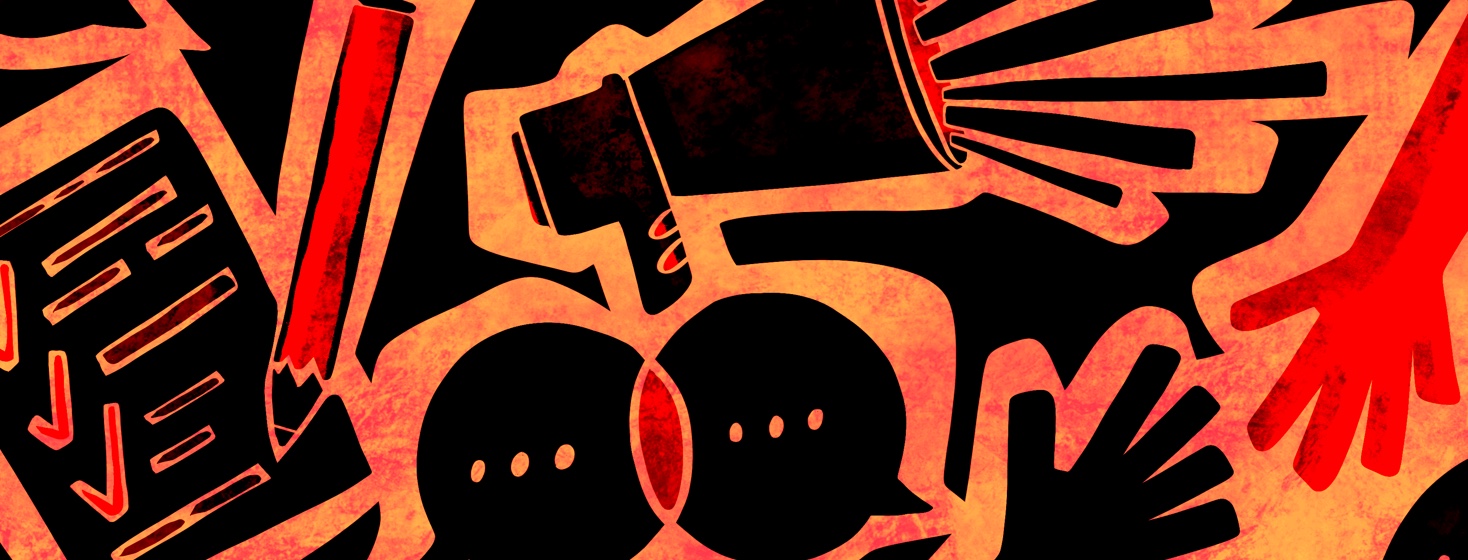Reflections on Prostate Cancer: Diagnosis, Treatment, and Survivorship
Prostate cancer can have devastating effects on the psyche of men, regardless of ethnic origin, socioeconomic status, or political affiliation. It is something that unites all men in a common bond of brotherhood.
Prostate cancer was not on my mind
My story began in 2007. I was working as a clinical social worker, supervising a functional family therapist program at a local agency, and working as an adjunct professor at Temple University in the Department of African American Studies.
The last thing on my mind was prostate cancer. I had kept up with regular physical exams with my doctor. We usually had lighthearted conversations, but I distinctly remember the day when he raised some concern about my PSA level being elevated in comparison to past years. He recommended I undergo further tests at the University of Pennsylvania. The results led to my diagnosis, subsequent treatment, and recovery.
My diagnosis helped me discover my passion
In retrospect, this experience has had an amazing impact on my life. Although I did not realize it at the time, it later provided the inspiration I needed to enter a doctoral program and to go on and write a dissertation on the psychosocial impact of prostate cancer survivorship in the lives of African American men. This symbolized the beginning of my advocacy work and began with my involvement in the Pennsylvania Prostate Cancer Coalition.
This has led me to actively engage in a wide range of community-based prostate cancer initiatives, marches, runathons, fundraiser events, and lectures, all designed in some way to raise awareness about prostate cancer and the need for men to assume greater roles in self-advocacy and in the promotion of public policies that speak to the needs of men.
Despite these efforts, when I reflect on the past 15 years, there is so much more that needs to be done. I am reminded of the quote from the Pirkei Avot: Ethics of the Fathers, that simply says “You not are obligated to complete the work, but neither are you free to desist.”
Black men are excluded from the narrative
At this point in my life, I am particularly concerned about how Black men are systematically being left out of prostate cancer clinical trials, despite the fact that Black men carry a disproportionate burden of prostate cancer incidence and mortality.
Perhaps even more shocking, research has found the proportion of white participants in prostate cancer clinical trials has remained largely unchanged for the past 3 decades. Most of these trials were conducted with primary centers in the United States. Medical professionals must acknowledge the extent of underrepresentation of African American men in prostate cancer clinical trials.1
Change starts with advocacy
How can we begin to address these challenges? I believe it starts with advocacy – advocacy for men’s health initiatives and facilities that are similar to women’s health initiatives and facilities, just as AIDS activists have been successful in advocating for their issues.
Until prostate cancer becomes a public policy priority, present trends will continue and predictable outcomes remain inevitable.

Join the conversation